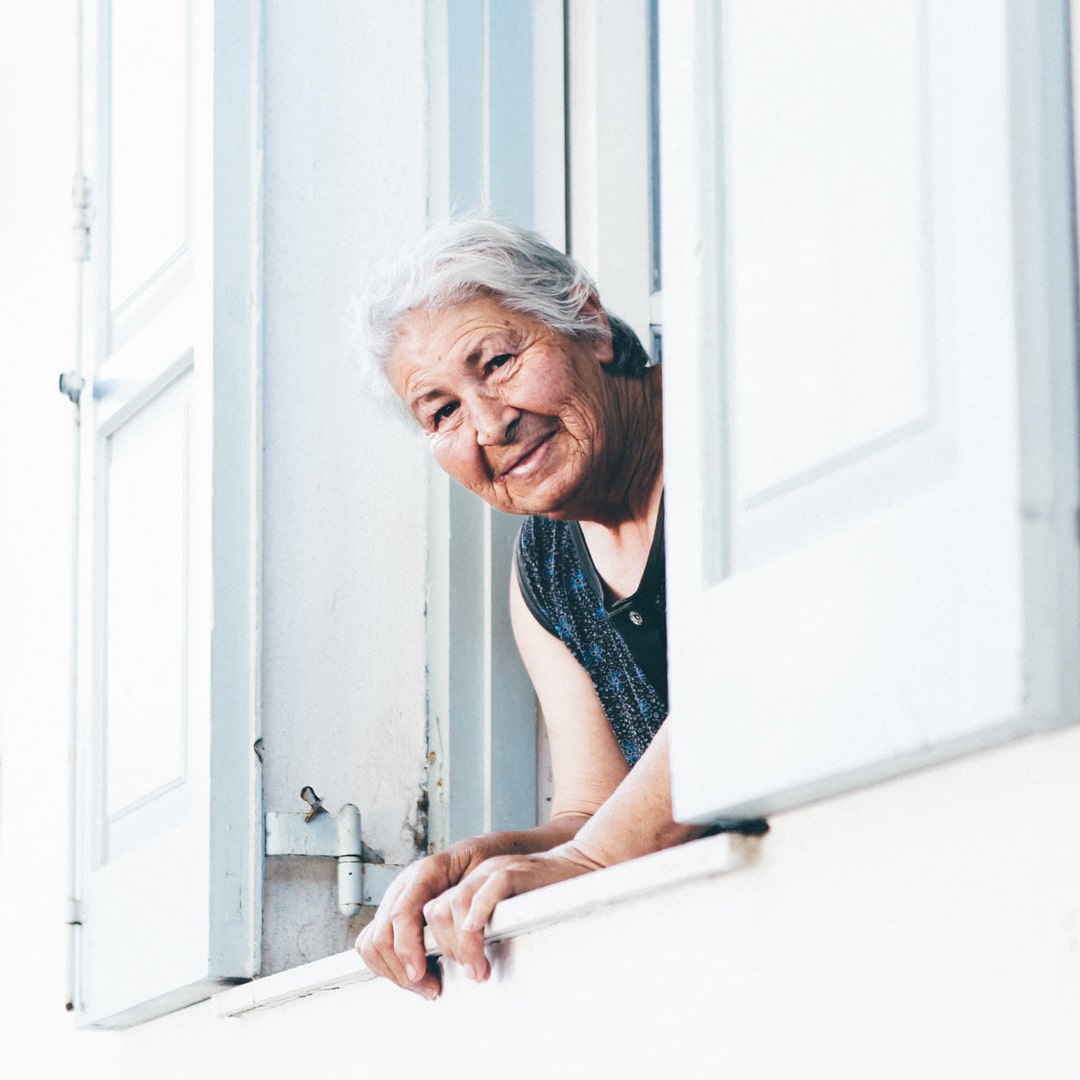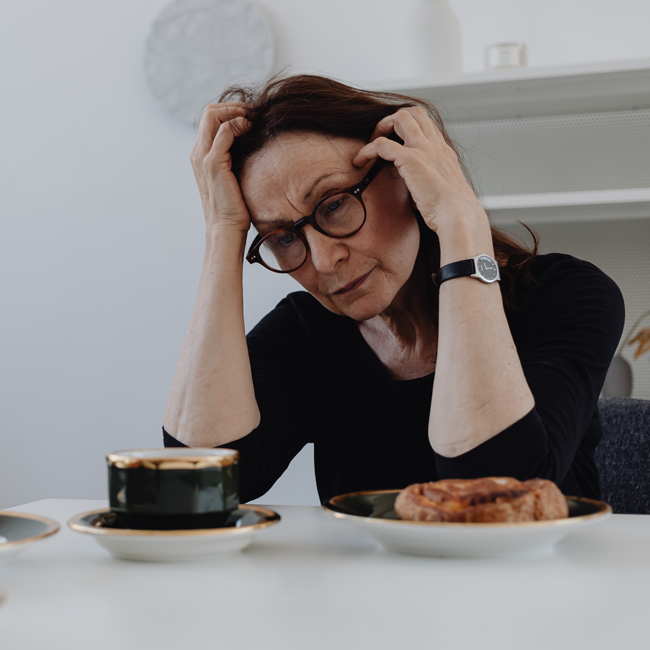
Trust forms the foundation for relationships, cooperation, social interaction and the development of societies, but it is equally important as it is dangerous.
From hunter-gatherers to globalised societies, trust is the essential lubricant of social functioning at any scale.
Imagine something as simple as driving to get groceries. You leave your house, get in your car and drive to the shops. In doing so, you’re relying on several overlapping layers of trust that are engrained in our society. You trust that:
- your neighbours won’t break into your house while you’re gone
- the police will deal with them appropriately if they do
- the insurance company will deal with you fairly if they do
- the manufacturer of your car was responsible and competent
- the other drivers on the road will all obey the traffic laws
- your money has retained its value and that the shopkeeper will take it
and so on. Almost every aspect of our lives depends on these underlying relationships of trust with the people around us, and when they are betrayed – especially repeatedly – they can crumble and leave behind instability.
When we trust others, we’re depending on them to fulfil expectations that aren’t guaranteed to be met and that leaves us vulnerable or at risk.
Vulnerability is an important aspect of trust; it creates a tricky tension between our need to rely on others and our need to protect ourselves from risk and harm. To avoid vulnerability and guard against betrayal, we might decide not to trust anyone, but that leads to a miserable life: a life devoid of friendship or intimacy, and ultimately of convenience too, as we need to trust strangers on an almost daily basis, from taxi drivers to teachers to police.
So, we must trust others and learn how and when to be vulnerable to live a fulfilling life.
We trust people by giving them the space and freedom to do what they have been trusted to do, without necessary observation or oversight, with the expectation that they’re:
- Competent enough to do what they have been trusted to do and
- Willing to do it.
“Trust is an ability to rely on somebody to do what they have said they will do, even when no one is watching them” – Simon Longstaff AO
Trust and trustworthiness
An important distinction is the difference between trust and trustworthiness. Trust is an attitude that we have towards others (or sometimes ourselves!) that indicates our hope or expectation that the object of our trust is trustworthy.
Trustworthiness is a property or characteristic of others and in ideal situations has a reciprocal relationship with trust. That is, ideally, trust is an attitude towards trustworthy people, and trustworthy people will be trusted.
Of course, we have all experienced that we don’t live in an ideal world. Often untrustworthy people are perceived to be trustworthy because of lies, clever marketing or overwhelming charisma. Equally, trustworthy people can often be misrepresented to appear untrustworthy.
Interpersonal trust and institutional trust
There are two kinds of trust, the most common and intuitive kind being interpersonal trust – that is, trust between individuals. We might trust our friends with secrets or trust our family with babysitting or trust other drivers with our lives on the road.
A trickier kind of trust is that of institutions and government. They’re not as directly accessible as individual people
Nevertheless, we can and do trust institutions and governments to do as they say they will do, or what they are supposed to do: act in the interests of their people. This is a hallmark of society. But when this trust is eroded, we are left with an eroded society.
The ethics of trust
One of the first practical problems is knowing whom to trust. It’s easy to rely on perceived authority figures in our lives, and often we will simply need to trust that the people who are close to us are looking out for us, but in general we should be on the lookout for consistent moral behaviour.
Ultimately, there is no way to know whom to trust with certainty, but there are many indicators we can use to decide. Are they an honest person? Have they been reliable in the past? Are they self-centred or do they concern themselves with the wellbeing of others? Answering questions like these can help to minimise the risk you take on if you choose to trust someone.
- How do we rebuild trust?
- How should we act if we don’t trust someone?
- If someone breaks our trust, should we distrust them?
- When or how often should we re-examine our trust of someone?
- When is trust a good thing? When is it bad?
- What’s so important about vulnerability?
Answering these questions involves a complex mix of knowing how trust works, knowing the habits, motives and values of others, and knowing ourselves.
Ethics in your inbox.
Get the latest inspiration, intelligence, events & more.
By signing up you agree to our privacy policy
You might be interested in…
Big thinker
Health + Wellbeing, Relationships
Big Thinker: Shulamith Firestone
Opinion + Analysis
Health + Wellbeing, Relationships
Is it ok to visit someone in need during COVID-19?
Opinion + Analysis
Health + Wellbeing, Relationships
5 ethical life hacks
Explainer
Business + Leadership, Relationships




